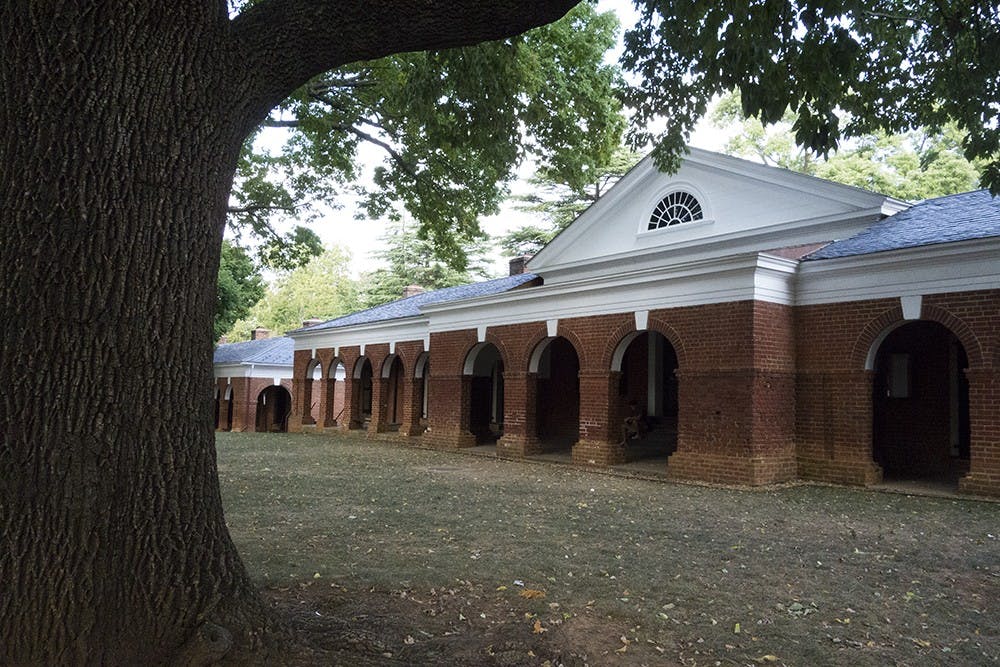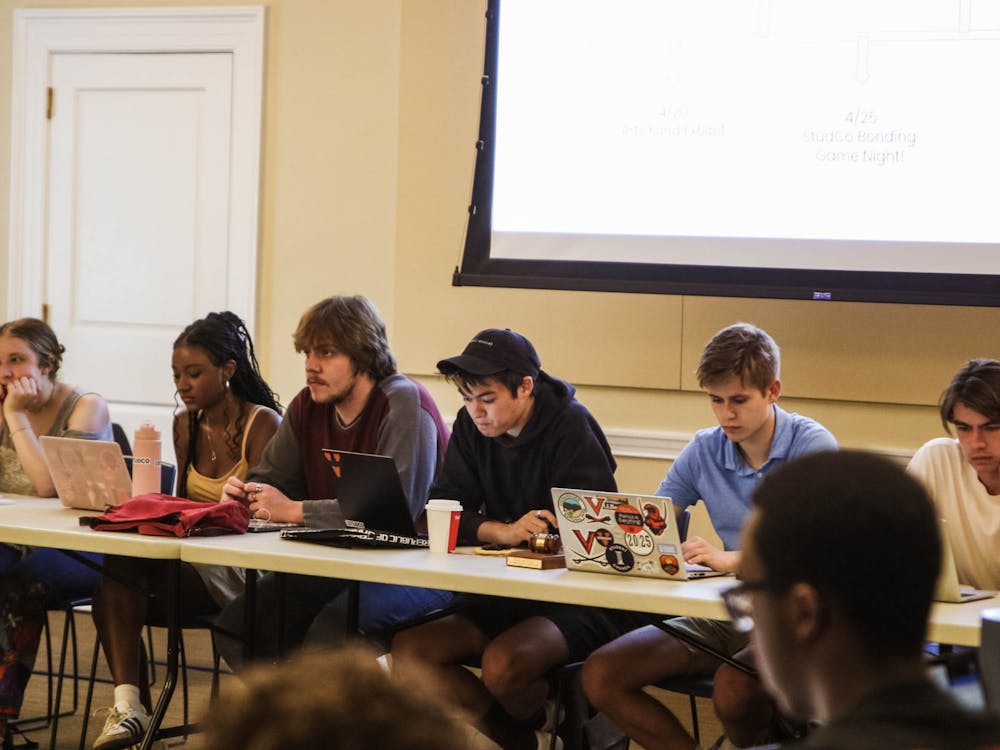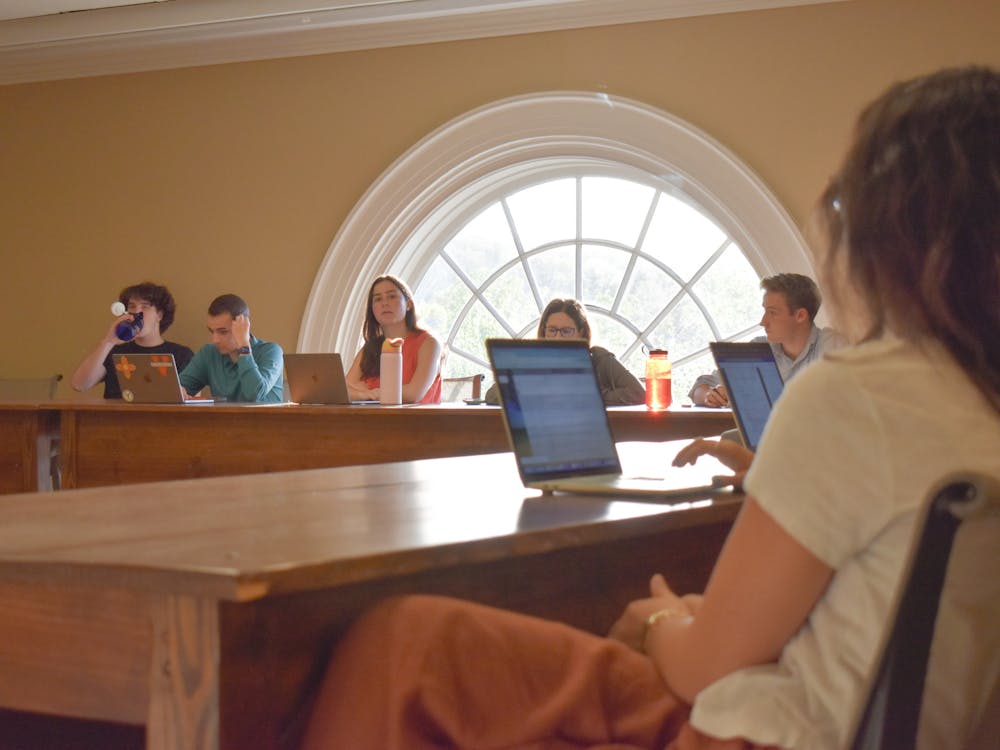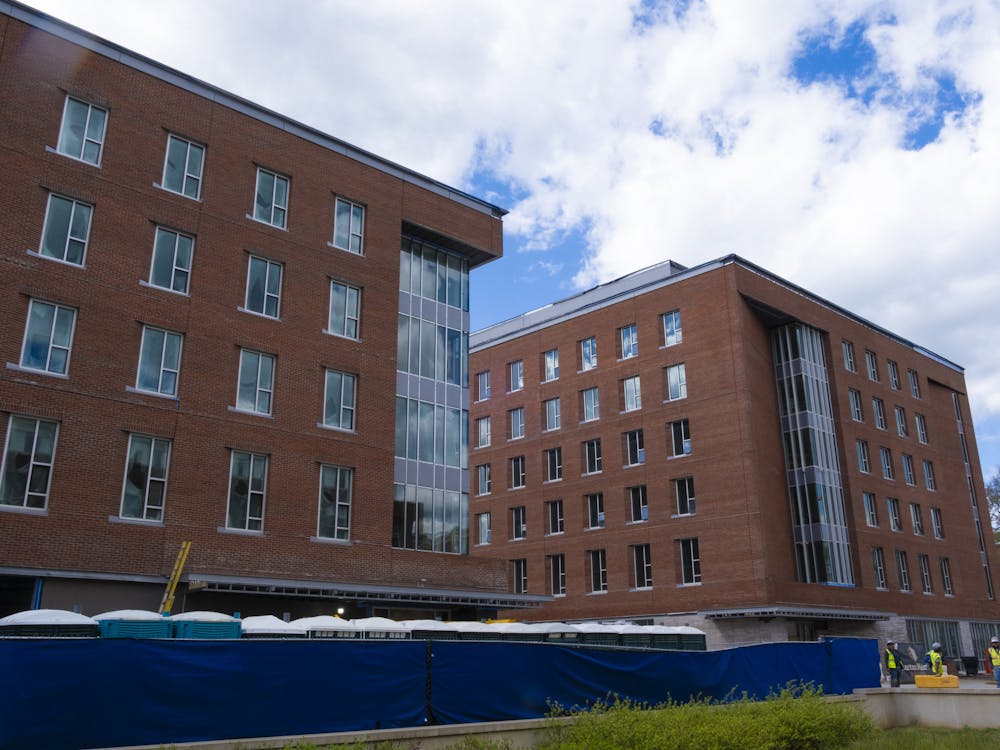The Jefferson Literary and Debating Society hosted author Sam Kean last Friday for a discussion on his bestselling literary science work, “The Tale of the Dueling Neurosurgeons”.
Kean’s latest work uses case studies to trace the history of neuroscience and how the brain responds to trauma, madness and recovery. The idea for the book arose when Kean began reading about recoveries in individuals with traumatic injuries.
“That is where this book came from, from wanting to disprove these stories and getting proven wrong myself and finding out that they were even more interesting than even I thought,” Kean said.
He told the audience that in some cases, brain injury resulted in a greater understanding of the brain itself.
“Until the past few decades, there was only one way for neuroscientists to study the brain and that was to wait for disasters to strike people and see how their lives were different afterwards,” Kean said.
The talk largely focused on stories which exhibited people’s strong sense of identity proving resilient after brain trauma and injury.
“It turns out that personal identity is very, very difficult to dislodge and very hard to get rid of,” Kean said. “That surprised me a little a bit — language can disappear, memory can disappear — people go through these injuries, but they still know who they are deep down.”
Kean used the example of Clive Wearing, a well known conductor and musicologist who suffers from extreme amnesia, to illustrate this phenomenon. Amnesia is a condition in which there are deficits in a person’s memory as a result of brain damage.
Wearing had the worst documented case of amnesia in the history of medicine. According to Kean, “his memory could not last from the beginning of the blink to the end of it.”
Nevertheless, Kean said, Wearing was able to remember the love he had for his wife, proving he still maintained a core being and an emotional center.
“The ultimate lesson of the book and how the book grows from beginning to end is that the brain is really, really resilient,” he said. “These stories about injury become stories about persistence, courage and the brain’s remarkable ability to heal itself and overcome these profound deficits.”
The more intimate, personal characteristics in “The Tale of the Dueling Neurosurgeons” mark a significant departure from Kean’s two previous works, “The Disappearing Spoon”, about the periodic table of the elements and “The Violinist’s Thumb”, an exploration of DNA — both of which delved more into the scientific technicalities of those fields. Kean said he believes neuroscience to be the most highly merged and reliant on personal stories among all scientific fields.
Kean is the third person to speak in the Jefferson Society’s Fall 2014 speaker series. Last week, the organization hosted Fernando Bermudez, who was wrongfully convicted of a murder and is now a guest speaker for the Innocence Project in New York City.
Jefferson Society Vice President Hannah Bondurant, a fourth-year College student, said it was important to choose a topic that could stimulate discussion because it “shapes the tone for the meeting afterwards.”
“The main thing that unites people is that we’re all intellectually curious,” Bondurant said of the Jefferson Society.
The speaker series is open to the greater University community and begins at 7:29 p.m. in Jefferson Hall (Hotel C, West Range), unless otherwise noted on the organization’s website.





